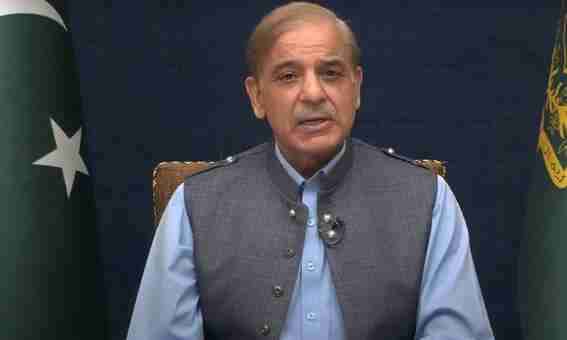Islamabad, August 4, 2025 — Prime Minister Shehbaz Sharif has taken swift action in response to recent climate-driven disasters in Gilgit-Baltistan, issuing directives for the immediate establishment of an advanced weather alert system to protect vulnerable communities and tourists visiting the region.
Chairing a high-level meeting on flood damage and rehabilitation efforts, Shehbaz emphasized that all tourist hotspots must be equipped with seasonal weather forecasting tools, enabling early evacuation and rapid response in case of natural calamities. He stated that resettling local populations away from natural waterways and flood-prone areas is critical for long-term safety.
The Prime Minister directed the NDMA and the Ministry of Climate Change to collaborate on setting up a dedicated forecasting and monitoring center for Gilgit-Baltistan. This center, Shehbaz insisted, must be operational within two months to ensure tourists and residents alike are alerted in time to avoid future tragedies.
Highlighting Pakistan’s vulnerability despite its negligible carbon footprint, Shehbaz reminded the nation that although Pakistan contributes almost zero emissions, it remains among the top ten countries most affected by climate change. “We pay the price for global warming, while contributing nearly nothing to the problem,” he said.
The PM praised rescue efforts, especially the evacuation of over 600 stranded tourists using 10 helicopters and two C-130 aircraft. Five temporary tent villages were also set up for rescued individuals.
During the meeting, the SBP and other departments were briefed on infrastructure damage due to recent weather events. Roads and bridges were badly hit in Thak-Babusar, Thor, Kundus, and Ishkoman. Shehbaz ordered that all reconstruction projects incorporate climate-resilient engineering.
He further instructed the Minister for Water Resources to remain in Gilgit-Baltistan to finalize planning for better water management systems, while the NDMA was tasked to accelerate deployment of the Glacial Lake Outburst Flood (GLOF) weather warning system.
The session was attended by federal ministers, NDMA officials, GB leadership, and senior representatives. Shehbaz closed the meeting by reiterating his commitment to protecting citizens and tourists through stronger infrastructure and real-time weather monitoring.
